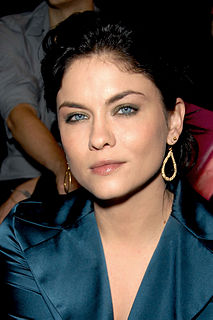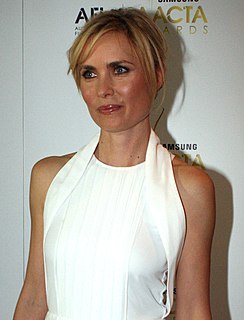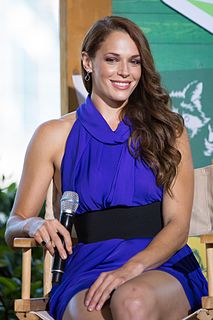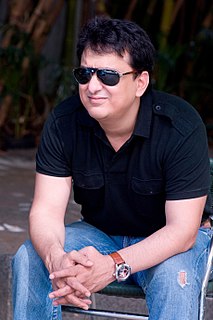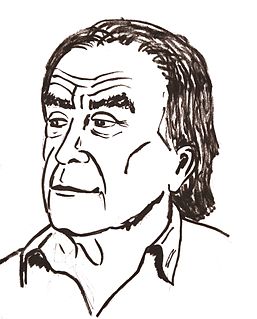A Quote by Jodi Lyn O'Keefe
A lot of the time the film chooses me. I'll be working and I'll get a call from my agent and I'll get the script and then tell him what I think.
Related Quotes
It wasn't exactly a cattle call. I had an agent, and they were seeing people for the parts, so my agent said, "Here's the script, see if there's anything that speaks to you." And I did, and I called my agent and said, "I think this character Data is kind of interesting," and she said, "Well, okay, I'll get you the appointment with Junie Lowry." I had to read with the casting agent first, 'cause nobody really knew me then. Then after that, I had, I think, six different auditions for the role. And finally it was me [on Star Trek].
Unfortunately, when you're working in film, it's this huge machine, and you've got to get everyone right there, so you get kind of locked into things. I'm not sure where the artistry in film making is. It's usually that moment when you're on set and you're working with the actors. That's the time to play around, the moment of theater. And then you can shape things. But a lot of it is just managing stuff. It's upsetting because you get away from the core.
It took me three, four years, to get from my first film to my second film, banging on doors, trying to get people to give me a chance. Writing, struggling, with no money in the bank, working as an editor on the side. Working as a cameraman on the side. Getting little jobs, eking out a living. Trying to stay alive, and pushing a script that nobody wanted.
It's really hard to get a coffee with someone. I have to call my agent, my agent calls their agent, their agent calls their manager, the manager calls back, the actor sends someone to the manager... then you get, 'Yeah, yeah, I'd love to have dinner at six,' and all I wanted was coffee! It can take, like, six days to get coffee.
After I read the story of 'Dangal' and before the film released, I called director Nitish Tiwari asking him if he had any good script. He told me to wait for some time. So we had three-four sittings, and this film, 'Chhichhore,' came to him. The film did not have superstars, but I felt that this is the script that needs to be told.
